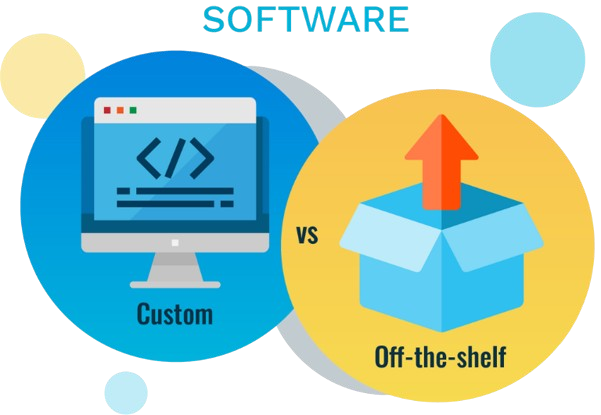Upon embarking on a business idea which can possibly play a vital role in the marketplace, the mere focus of an entrepreneur is to put shape into his venture. That being said, every startup often do not prioritize their unique ideas or intellectual property. And though they might have considered it, IP registration is quite expensive to act on.
However, what every entrepreneur must ponder is that evaluating the importance of intellectual property is not all about securing the work that they do; it is crucial for checking if somebody else already owns a similar work. Without them knowing, others might have been working for the similar idea.
What happens if you suddenly discover that there’s already a party who patented the idea you’ve barely established?
Securing Your Intellectual Property

Perhaps you wonder: Why would a businessperson invest into something that’s so expensive like intellectual property protection? Is it that crucial? Do you really need a professional’s help from IP law firms in the Philippines like Aumento IP?
Well, to tell you, your IP or business idea could be a Unique Selling Proposition of a certain product and/or service. In financing your startup business, you need to prioritize your work or idea before somebody else snatches it or take advantage of it.
IP has, indeed, been distinguished as the key element for new businesses over the world to get an upper hand in the market, as indicated by the Startup Genome Project that plans to guide, display and break down what it takes to influence new businesses to tick.
IP accept significantly more valuable innovation for new businesses, where new advancements are being made each day. There is a colossal brand esteem joined to IP, in both the assembling and innovation segment. It gives financial specialists, customers, and different partners a huge feeling of trust in your responsibility and energy to succeed, as well as turn into a market pioneer in your general vicinity of activity.
There are basically three procedures by which a startup can ensure its protected innovation (i.e., the thought or idea/item/process/related images, logos and so on that characterize the brand), to be specific, through:
- Patents
- Trademarks
- Copyrights
Intellectual property is an advantage for its proprietor and has a business value esteem joined to it.
Payal Chawla, Founder at Juscontractus states that “Ensuring IP requires technique. A novel mechanical advancement, as Tetrapak, would be worth ensuring through a patent, that can be extremely costly. In specific circumstances, it might be conceivable to look for a trademark assurance or basically secure through a competitive advantage. This should be possible through putting resources into showcasing and making a review between the proprietor and the item. There are diverse techniques accessible for various objectives. IP can be exceptionally significant. It isn’t obscure for a brand to be three times the turnover of an organization. IP, assuming accurately and deliberately secured, can take the valuation of an organization to a totally unique level.”
Additionally, if another person happens to do such before you, you’re probably going to be pushed out of the amusement (regardless of whether you had begun taking a shot at the idea first), keeping in mind that you are discovered liable of patent encroachment or copyright infringement.
Organizations can even use these licenses as a way to help their incomes through authorizing.
Since IP may turn out to be costly at this stage, a great beginning is to apply for a residential patent/ trademark/ copyright. As the organization scales up, it can set aside a financial plan in the global market. Inability to do as such can influence the organization’s prospects to further.
It’s not exactly needing to arrange IP security at startup stage. As we all know, organizations are always reevaluating and rethinking themselves in the present day where change is the main consistent.
The significance of IP can’t be undermined by new businesses considering the long-term benefits it offers.




